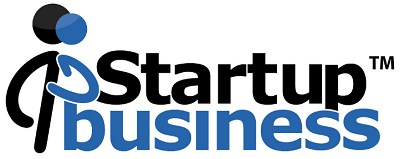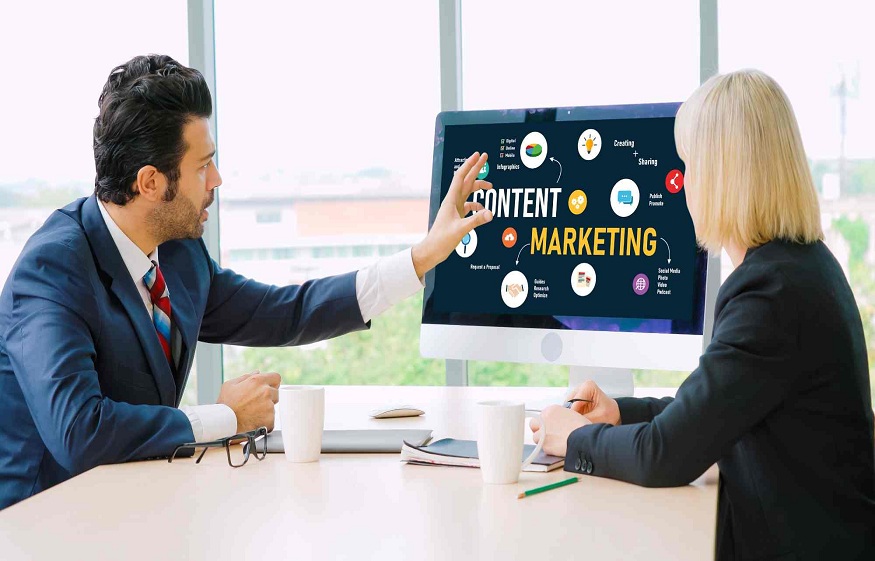In the fast-paced, ever-shifting landscape of digital advertising, businesses often face a critical decision: should they build an in-house paid media team or partner with a specialized paid media agency? While the appeal of keeping everything internal—from creative control to perceived cost savings—is understandable, a detailed examination of the realities of modern digital marketing reveals a compelling case for external expertise. For most companies, particularly those focused on scaling efficiently, hiring a paid media agency is not merely an alternative; it is the strategic choice that consistently delivers a superior return on investment (ROI).
The core of this advantage lies in the nature of the paid media environment itself. Platforms like Google Ads, Meta (Facebook/Instagram), TikTok, and Amazon are constantly evolving, rolling out algorithm updates, new ad formats, and changing compliance rules almost weekly. Staying ahead of this curve requires a level of dedicated resources, continuous training, and diverse experience that is simply impractical for most single-brand internal teams to maintain. An agency, whose entire business is built around mastering these moving targets, provides an instant, scalable solution that minimizes risk and maximizes media spend efficiency. To consistently achieve a better return on investment (ROI) in your paid advertising campaigns, it’s often more effective to hire an agency for paid media marketing rather than relying solely on in-house resources.
Specialization and Depth of Expertise
The most significant benefit a paid media agency offers is specialized depth of expertise. An in-house team, even a good one, often consists of a few generalists who must divide their focus among SEO, email marketing, social media management, and paid advertising. Conversely, an agency team is composed of specialists: a dedicated Google Shopping expert, a Meta Conversion API specialist, a programmatic media buyer, and a data analyst.
This specialization means that your campaigns are being managed by people who spend forty hours a week (and often more) immersed solely in the intricacies of their platform. They understand the granular bidding strategies, the latest beta features, and the precise levers that optimize performance. They have seen thousands of campaigns across multiple industries, allowing them to instantly recognize patterns of success and failure. This collective, focused intelligence translates directly into better campaign structure, more efficient budget allocation, and a faster pathway to profitability than a small internal team can typically achieve.
Cost Efficiency vs. Headcount Costs
Many businesses initially believe that hiring in-house is cheaper than paying an agency retainer. However, a full-cost analysis often proves this assumption wrong. To replicate the expertise of a mid-sized agency team, a company would need to hire: a Paid Search Manager, a Paid Social Specialist, a dedicated Analyst, and a Creative Strategist.
The combined salaries, benefits, taxes, and overhead for this team would easily exceed the cost of an agency retainer, particularly if you factor in the annual expenses for training and premium software licenses. Moreover, an in-house team is a fixed cost, regardless of performance. If a key employee leaves, the company suffers a devastating loss of institutional knowledge and faces a lengthy, costly hiring process. An agency, conversely, provides a variable cost that scales with your needs and offers inherent redundancy; if one specialist is unavailable, another on the team seamlessly steps in, ensuring campaign continuity and stability. The agency model provides a high-level team for the price of one or two mid-level employees.
Objectivity and Strategic Flexibility
A key pitfall of internal teams is a lack of objectivity. In-house marketers can become too close to the brand, falling victim to “internal blindness” where they are unwilling to question established brand dogma or challenge creative that may not be performing. This emotional proximity can stifle innovation and prevent necessary—though uncomfortable—strategic pivots.
Agencies bring an essential degree of strategic objectivity. They are paid to produce results, not to protect internal feelings. They can challenge the client on budget allocation, landing page effectiveness, or weak creative concepts because their incentive structure is purely tied to ROI. This external perspective is often the catalyst needed to break through performance plateaus. Furthermore, agencies offer superior flexibility. If your focus shifts from lead generation to brand awareness, the agency can immediately reallocate resources from their search team to their social/video team. An in-house team lacks this instantaneous, internal flexibility.
Conclusion: The Strategic Investment
While the idea of internal control is appealing, the reality of the modern paid media environment demands specialization, scale, and continuous education that only dedicated agencies can reliably provide. Hiring a paid media agency is a strategic investment that bypasses the high fixed costs of a multi-person internal team, grants immediate access to premium tools and cross-industry data, and ensures campaigns are managed by platform specialists with objective focus.




